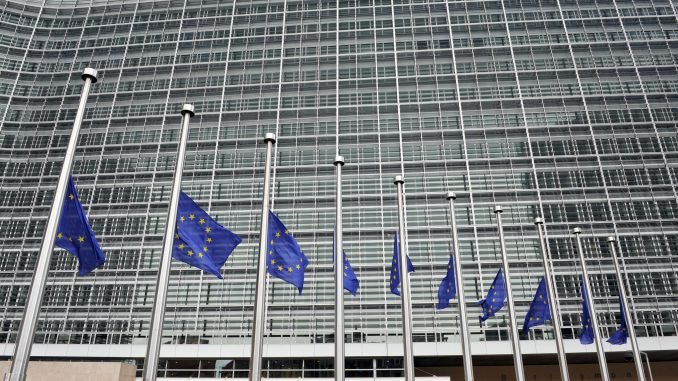
“First of all, such buying-in should be made with the Lithuanian public money. But that’s the reason why we are going to the European Commission. In line with the existing procedure, if the European Commission agrees, they refund the money we spend from our budget. We store those bought-in products[…]. Then, if other markets are found, we sell them and pay the money back to the European Commission,” she said in an interview to Žinių Radijas on Tuesday.
On Thursday, the ministry’s officials would go to Brussels to discuss this issue with the Commission, the minister said.
“That would certainly help producers. They could buy those products from farmers and produce the goods with longer shelf life. Milk, yoghurts, kefir, well, of course we could not buy that in. However, they could process milk into butter, fermented cheese, milk powder. We would store them and would later sell them,” Baltraitienė said.
She doubted, however, whether the agreement with the Commission could be reached immediately.
“That would definitely be huge support. However, I’m afraid that it will take as long as a month for us to agree with the Commission, since this will necessitate amending certain regulations,” the minister said.
Dairy and meat processors on Monday asked the Agriculture Ministry to subsidize farmers. They said in particular, that the dairy sector alone might lose approximately 20 million litas (EUR 5.8m) per month due to Russia’s sanctions. Some 15 million litas might be lost by carrot growers.
Meanwhile, the Lithuanian ministries have already started working on an action plan to cope with Russia’s sanctions against Lithuanian food products.
Baltraitienė said on Monday that as part of efforts to help producers, the authorities were planning to make intervention purchases. Lithuania would buy products with long shelf life and sell them later.
Moscow last imposed a one-year embargo on meat, vegetable and fruit, milk and milk product imports from the EU, US and some other countries supporting sanctions against Russia over its policies in Ukraine.

Be the first to comment